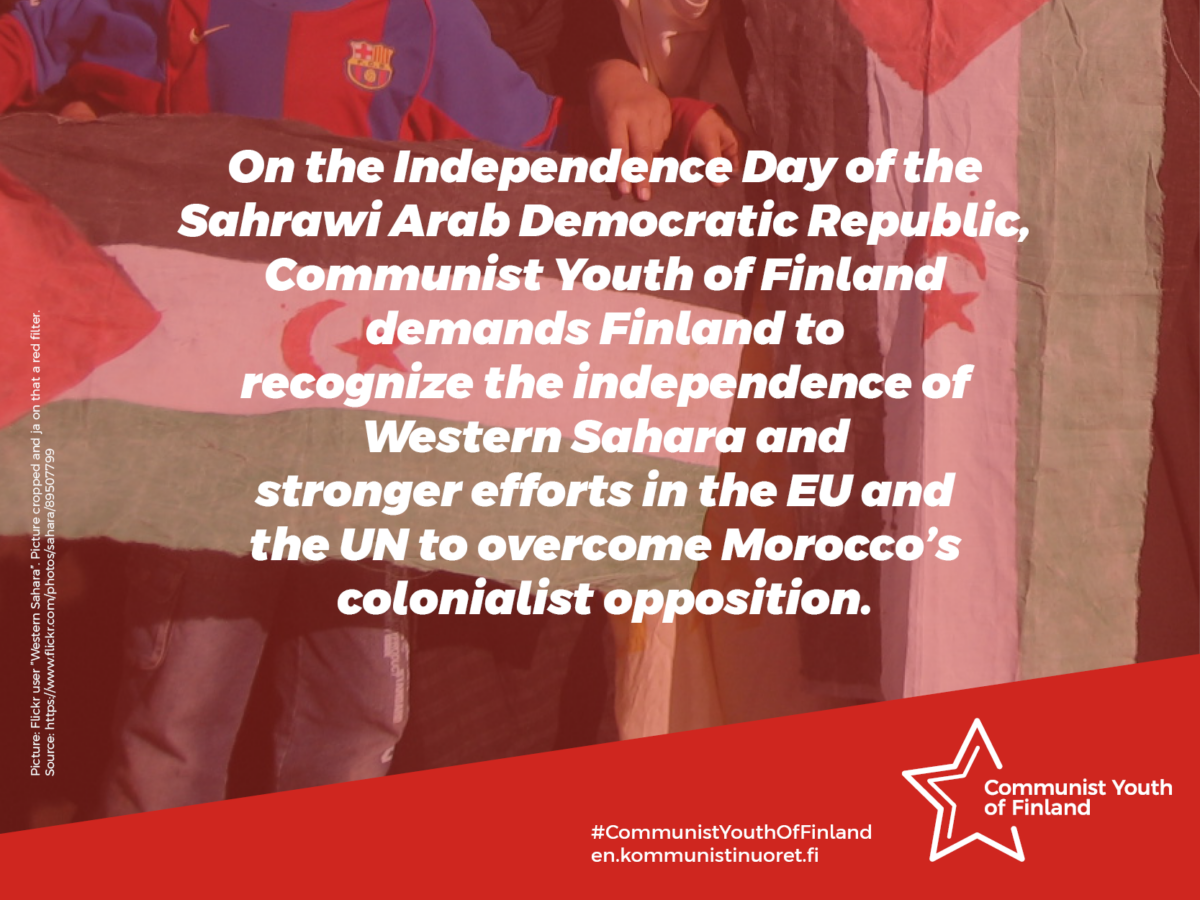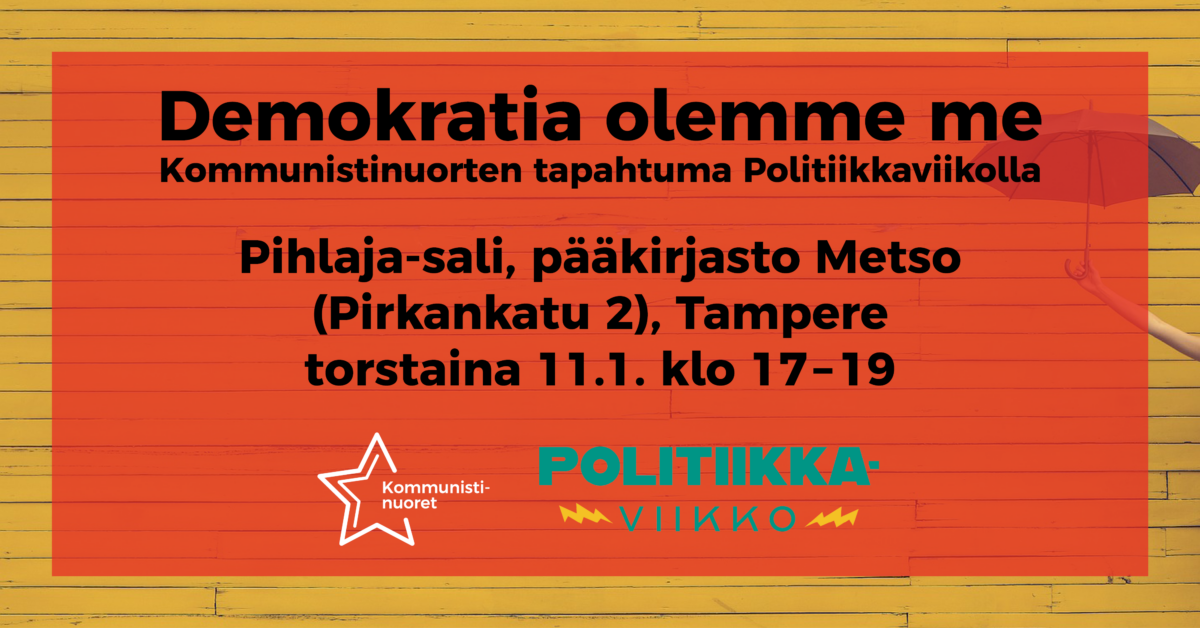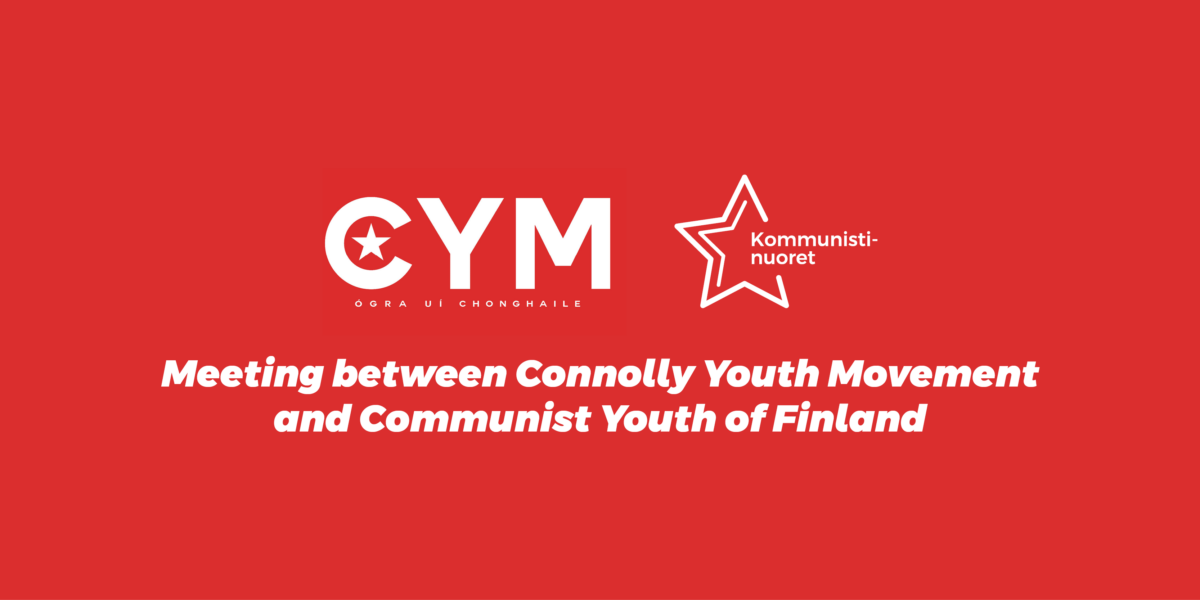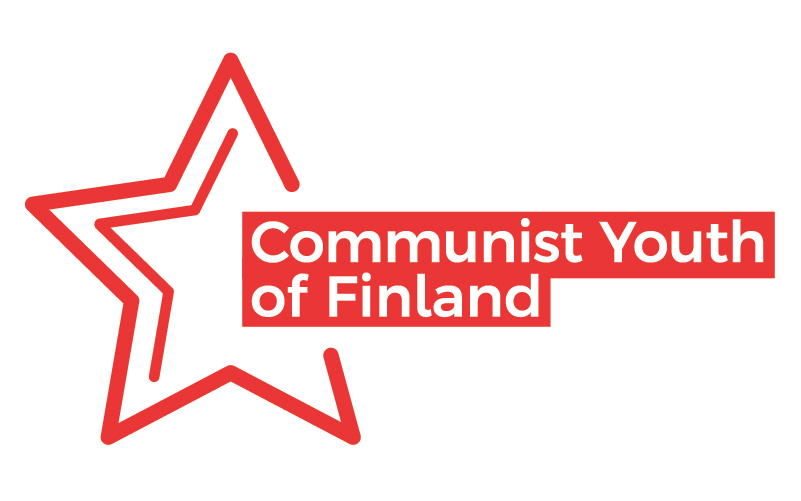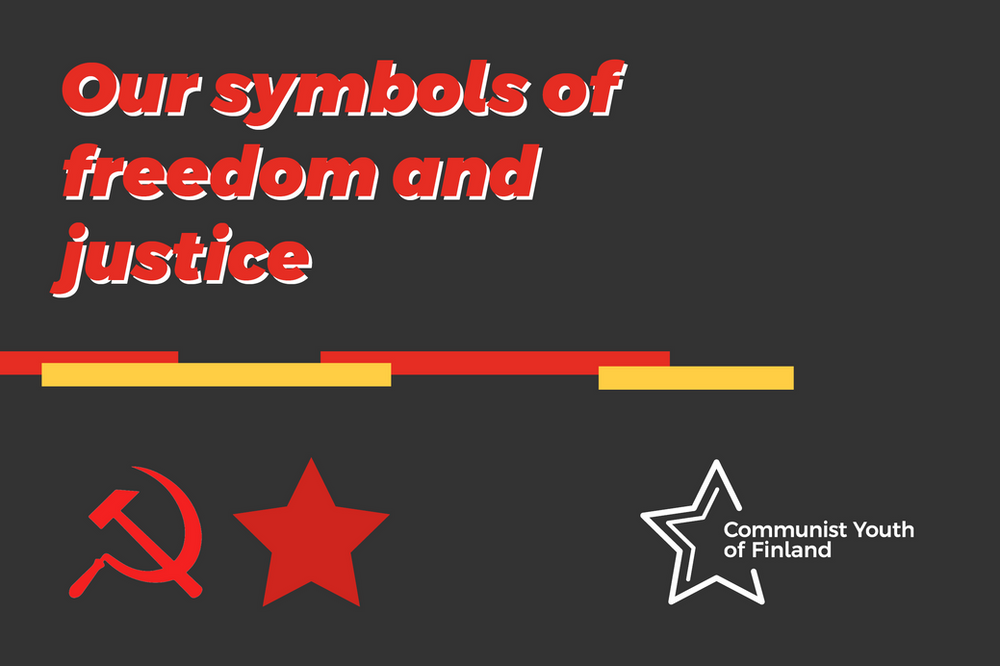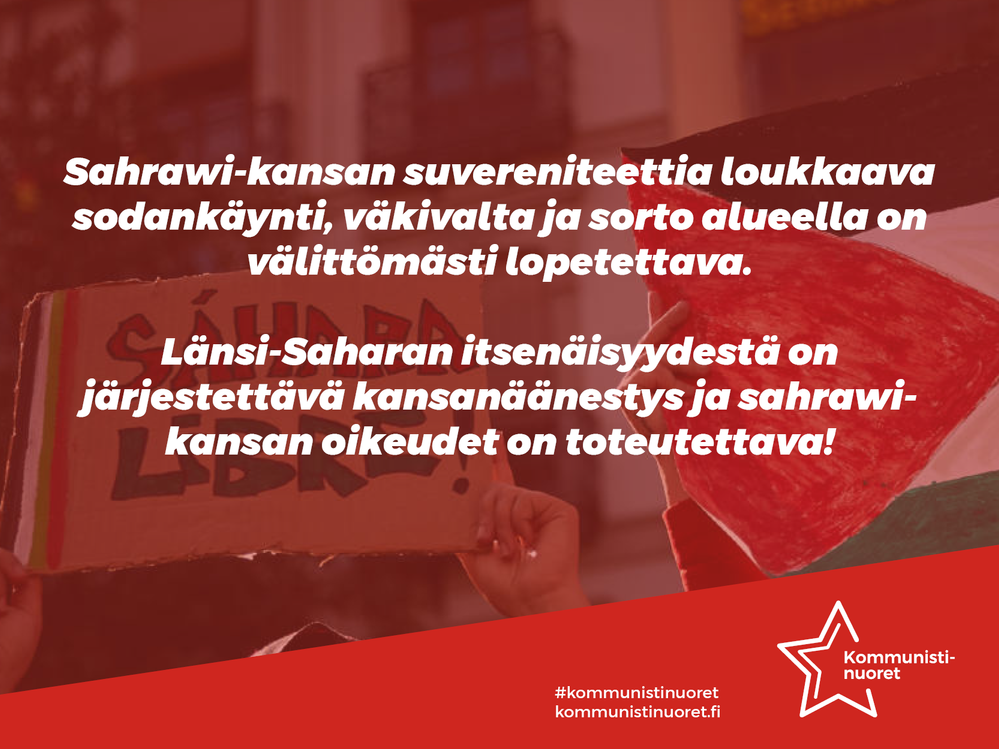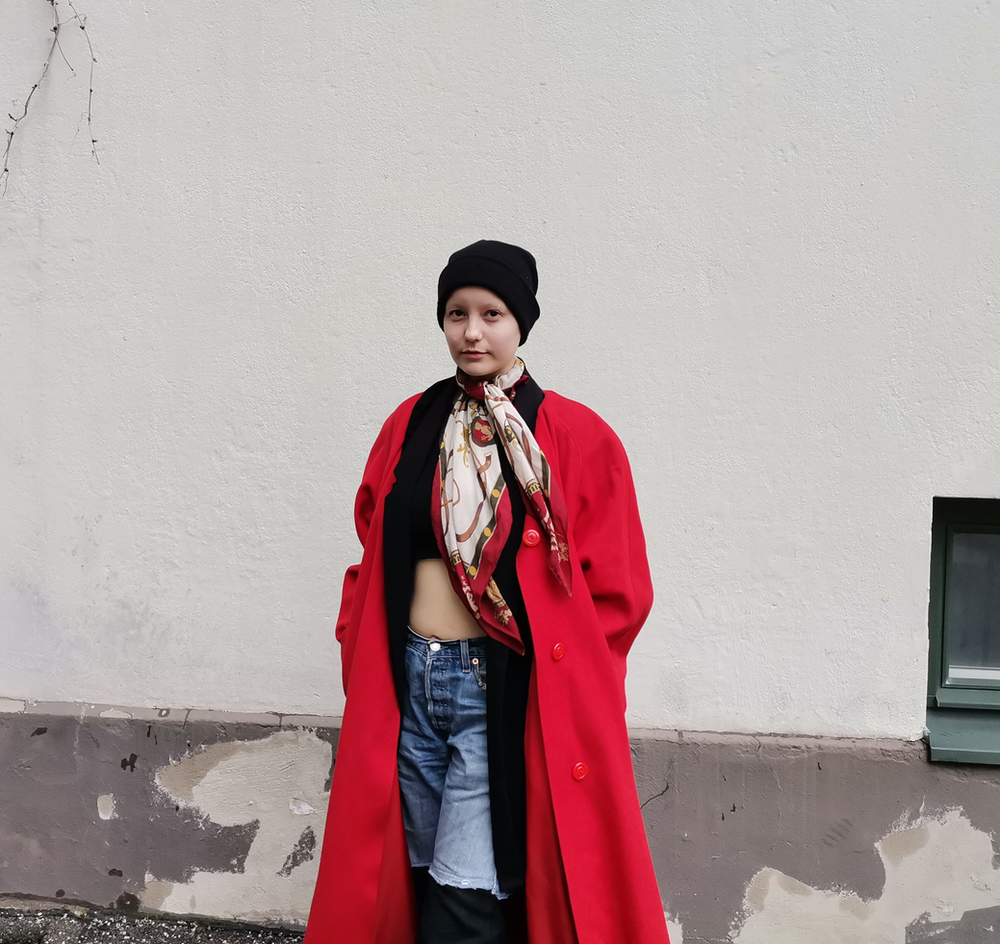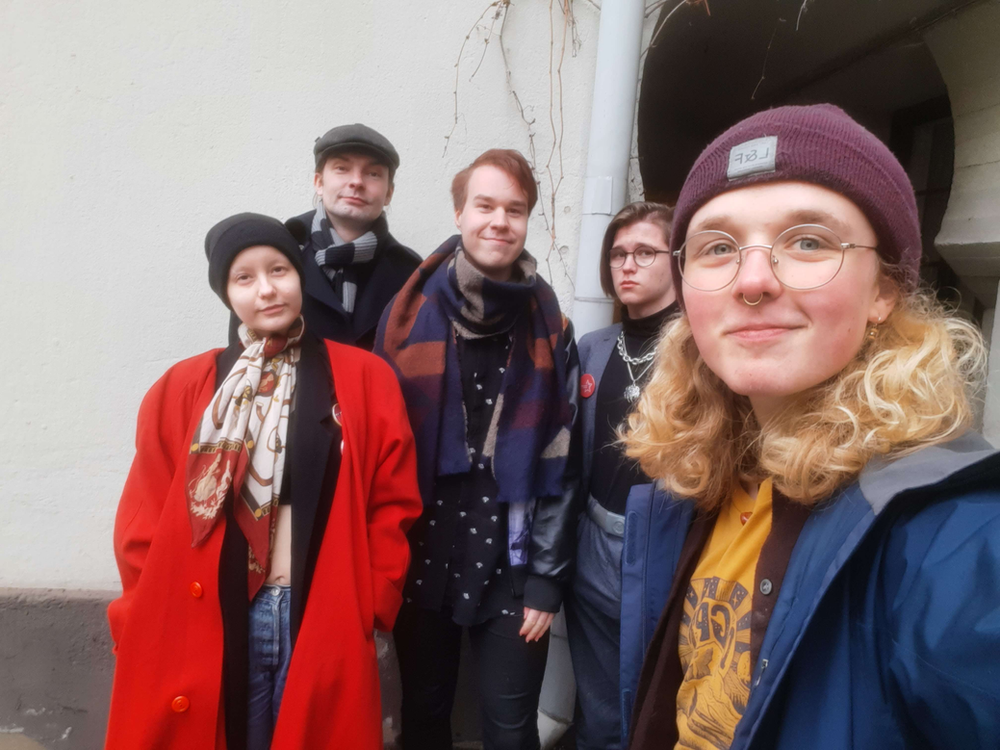Written by a nickname
Shorter version of this text has been translated and published in Finnish on Tiedonantaja newspaper’s edition 10/2023
Coming out as transgender was a true crash course in the different ways that people react to surprising news. Some were left completely speechless, some reacted with anger or rejection, and others were confused and told me my announcement had come out of nowhere. Some responded with excitement and positivity, others with lengthy accounts of various positive relations they’d had with queer people, and others still with a simple hug.
One of the most common responses to my coming out, however, was one that I’d never anticipated. It involved a relatively consistent line of questioning along the lines of “why do you need to call yourself a woman? Why not just be yourself? Why not just be a person”.” Such a response tended to initiate a lengthy discussion during which I sought to reassure the questioner that I wasn’t caught up on some stereotypical understanding of what ‘men’ and ‘women’ can be and that I wasn’t going to restrict myself to a narrow identity box, whilst at the same time attempting justify why I still desired to use the term ‘woman’.
I always found such conversations unpleasant, dissatisfying, and invasive. The questioners always appeared caring and concerned for my wellbeing, but I was upset by the assumptions they seemed to be making about me: that I was some sort of gender essentialist with a static or reactionary view of what different sorts of people can be. At that time, I was hallway through a PhD applying post-structural, queer and feminist theory to environmental politics, and I couldn’t help but be offended. I wanted to say “do you honestly think I haven’t considered these sorts of matters before? Thinking about them is literally my job!” Even so, such conversations always managed to unsettle me in a way that even the very negative reactions to my transness never did. My sense of self was very fragile at the time, and I remember spending long hours contemplating whether my questioners were right, if only because of how frequently such conversations kept coming up. Why did I need to be a woman? Why couldn’t I just be myself?
In retrospect, however, I don’t think that my initial understanding of what was happening during such dialogues was accurate. For one thing, I no longer believe that a wide variety of friends, colleagues and acquaintances were moved to question transness due to deep-felt concerns that my understanding of the world was insufficiently post-structural. If that had been the case, then surely my well-rehearsed speeches emphasizing the sophistication of my analytical frameworks would have been sufficient to reassure them, and – to my frustration – they never were.
Instead, I now believe that the true aim of this reaction was far simpler – to deny what I was saying and to try and make it go away. I was asking for them to accept me as a woman and, furthermore, to come to terms with the future changes to my body and life that my transition would entail. They didn’t want to do that, and some part of them must have hoped that, by challenging me, they might not have to. The question “Why can’t you just be yourself” really meant “why can’t you just not change”, and by extension, “why can’t the way I relate to you stay the same?”
My current understanding of the meaning of such conversations has developed as a result of going through and witnessing a number of additional ‘coming out’ moments in subsequent years, each of which was met with essentially the same sorts of reactions. For example, both times that I opened up to friends and family after receiving a neurodivergent diagnosis, I was subjected to repeated, detailed interrogations regarding whether I was going to use my new label to limit or caricature myself. When my spouse came out as non-binary, they received
very similar reactions, which is particularly ‘funny’ given that ‘non-binary’ is surely the textbook example of an anti-essentialist label. Apparently not, because the same question was posed. “Why do you need to take on this ‘non-binary’ label? Why can’t you just be you?”
When did everyone become so afraid of labels? Or, to put my concern more bluntly, how have anti-label and anti-essentialist arguments become such a go-to option for those actually seeking to preserve the status quo?
Anti-essentialism, as an intellectual and political idea, has been a major current in the leftist cultural and political sphere for over a century, and particularly since the counter-cultural movements of the 1960s. In broad strokes, it covers perspectives that challenge fixed or binary categories through which we understand the world, social systems and human nature by highlighting the contingent and political histories and power dynamics involved in producing the realities we often take for granted. Such perspectives, having long been championed in various forms by the many of the rockstars of the leftist intellectual tradition including Sartre, Foucault, Deleuze, Butler and Derrida, have become received wisdom within many progressive circles. Indeed, amongst many, essentialism has emerged as the greatest political enemy of all – even surpassing Capitalism – and the work of escaping all fixed identities has emerged as both the pivotal personal/political project and as the surest pathway to a better future.
I do not intend here to integrate the wisdom or validity of such approaches to the theory and practice of social change. Instead, I want to explore how, in the context of an anti-essentialist, label-skeptical cultural milieu, arguments derived from can be used effectively, and with a great deal of apparent legitimacy, for very essentialist, and very reactionary ends – in other words, how they are capable of working in the opposite way to how they were originally intended.
In my experience, being denied the possibility of putting one’s identity into words often feels nothing like freedom – it can feel like having one’s identity and one’s needs banished into an unspeakable void. In a word, namelessness can feel like a prison. Conversely, the moment that a name is given to something is often the precise moment that it becomes ‘real’, ‘tangible’, and actionable. For years I hadn’t given a name to my feelings of gender dysphoria. I didn’t feel them any less, but I couldn’t fully understand or grasp them. I felt deeply, inescapably lost. The moment I finally accepted that I was trans – the moment I said it out loud – was the moment that my life changed – that I was once again able to start living. As a further example, it is impossible to doubt the profound social impacts resulting from the efforts of Marxist theorists to assign existent social dynamics a clear and precise vocabulary. The terms ‘bourgeoisie’ and ‘proletariat’ may not have created these social identities, but it gave those struggling under capitalism a vocabulary to understand their plight. Labels, in this context, have served as a tool in pursuit of social freedom.
Furthermore, irrespective of whether we are personally comfortable with labels, they are applied to us anyway, by social systems which normatively ‘read’ us, assigning us our identities and, to a substantial degree, our fates, without any regard to our active consent. From birth, we are never looked upon as blank slates. When I tell someone “I am queer”, or “I have diagnosed neurodivergence”, I am upending others’ ability to implicitly maintain me within the sphere of their idea of ‘normal’. I am making a clear demand to be seen and engaged on certain terms, and if this ignites resistance, it is often precisely because there is a desire on the part of many to block that from happening. In such contexts, phrases like “why can’t you just be yourself” doesn’t mean “be something truly beyond words, emancipated and free – it means why can’t you just accept the vocabularies that have already applied to you?
In other words, in spite of whatever they might say, I believe many of those who react with knee-jerk anti-label arguments to the efforts of individuals to put their identities into words do so precisely because they acknowledge the power associated with doing so. On a slightly petty note, it has been particularly maddening to receive lectures about essentialism from individuals that had clearly never needed to question the meaning of being “just themselves” because all the labels they had been assigned fit them well enough to require no deeper examination. It must be an enjoyable experience for such individuals – the thrill of getting to poke at the identity of a newly out trans person, sweetened by getting to simultaneously pose as a radical member of the gender avant-garde.
None of this is to say that labels always serve a positive function. Often, we truly are given more room to maneuver through efforts to escape the grip of certain restrictive terminology. I would know – discovering I was not doomed to be eternally defined by the label ‘man’ was one of the most positive realizations of my life. In fact, my perspective on labels is ambivalent. They aren’t good or bad – they are just a fact of life. Language, as a primary tool through which we contemplate and express ourselves and the social realities we live in, brings with it certain structural limits, insufficiencies and constraints. In my opinion, we will find greater value in continuing to develop our ability to work with this medium, with all its limitations, rather than trying to find ways to escape it.
Using language means applying terms to things – that’s just how it works – and we can continue to do this with the aim of forwarding the causes we value whilst remaining critical of the drawbacks and risks that such performative acts bring with them. There will always be risks that the words we use will be coopted so that we can no longer find ourselves within them and must look for new ones. Indeed, in a world defined by entrenched structural antagonisms and class struggles, we could hardly expect otherwise – language is just another register in which such conflicts play themselves out.
As a final point, I do hope that progressive debates about the validity and role of labels can move on from an enduring obsession with personal identity. What about politics? Part of why I felt so disconcerted by the reactions when I came out about my neurodivergence was because there was a huge rift between how I was thinking about my diagnosis and how others seemed to believe I was thinking about it. For me it was simple. My workplace told me that without a diagnosis, I couldn’t receive certain support I needed to stay in my job. Because of this experience, I pursued a diagnosis, and as a result, I hope that I will have an easier time receiving the support I need in the future. Having received my diagnosis, I found added benefit in being connected through a common label to other individuals facing similar struggles within our current neoliberal economic structure. I have found a new community, new sources of solidarity, and a collective political project in which to participate – one built through years of effort of other neurodivergent individuals.
It is undeniable that many such labels were first developed and applied to neurodivergent individuals to control and ‘other’ them, but through the monumental efforts of these labels’ ‘subjects’, they have become rallying points for collective struggle – struggle intimately linked with the fullness of global struggle to enduring economic and political injustice. I’m tired of talking about what my labels make me think about myself. I want to talk about how we can change the world. I want to talk about how the very real, daily efforts of our present social and political system to undermine and destroy my life based on various aspects of my embodied existence can be named, resisted and overcome.

